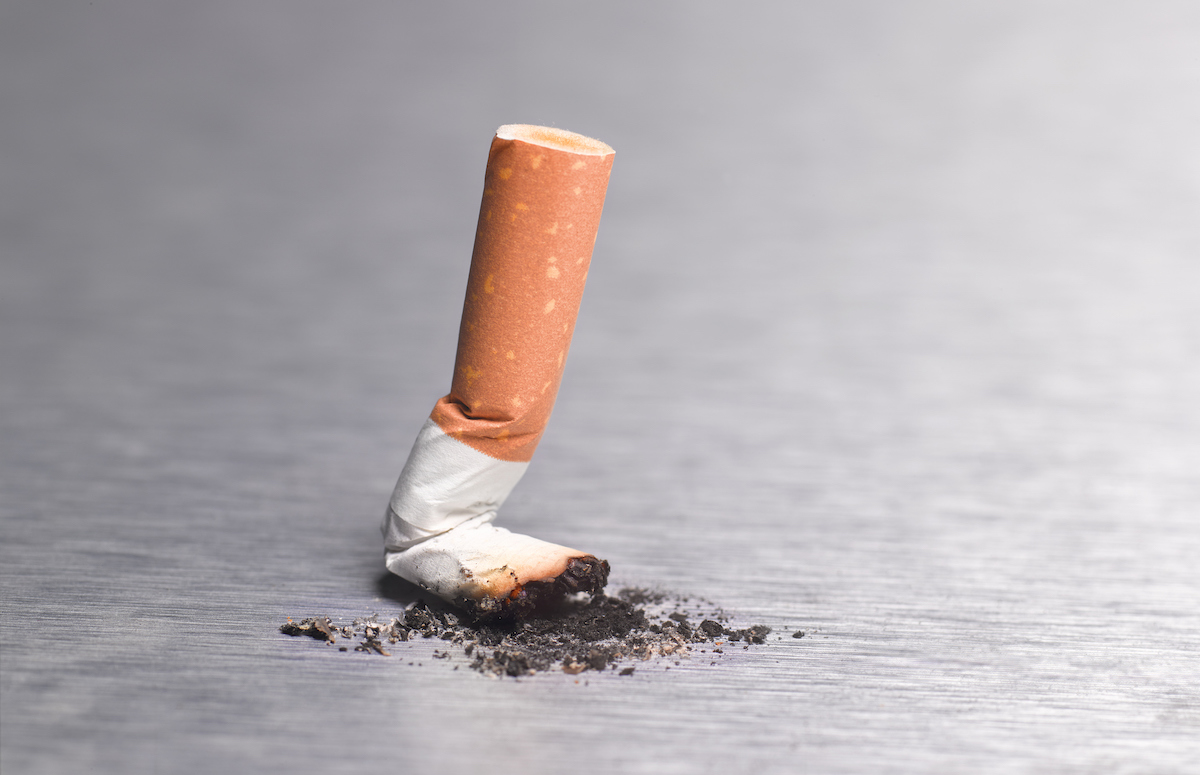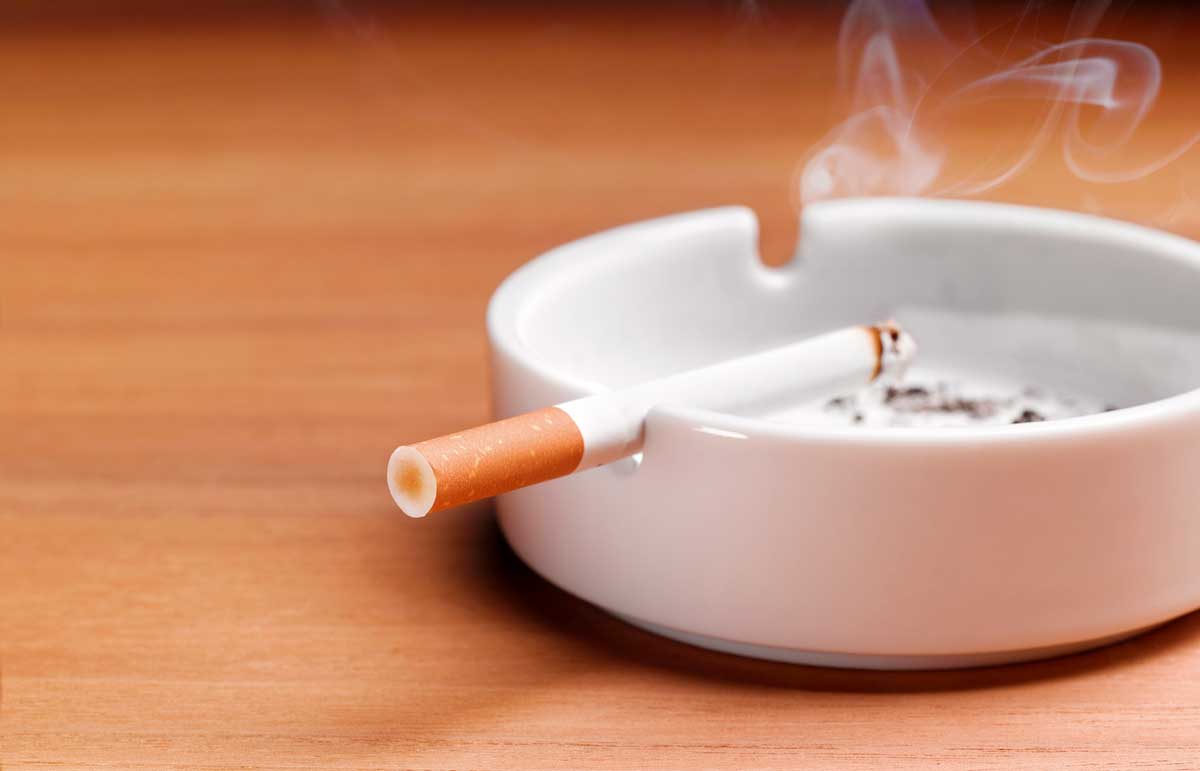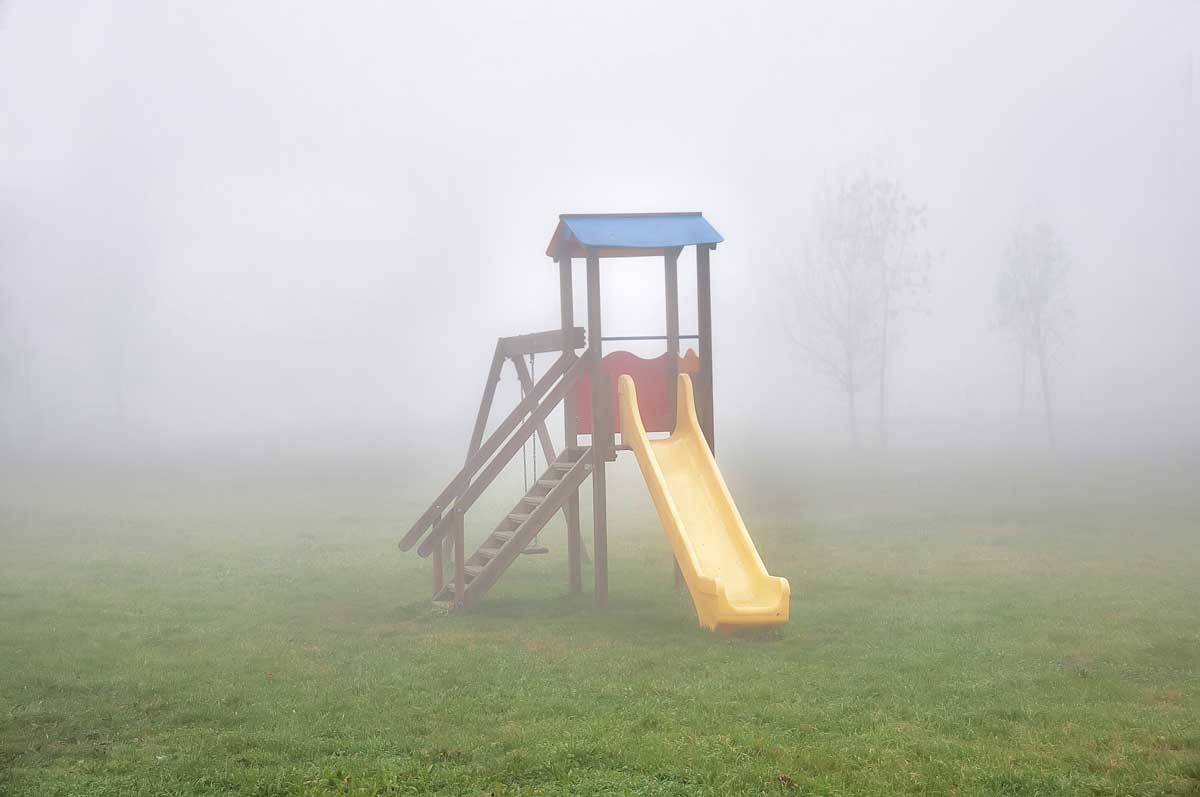My mother-in-law smokes weed in her home, both joints and vaping. I’m trying to determine the risks of taking my 9-month-old for a weekend visit. What if she only smokes in a room the baby never goes in? What if she only vapes? What if we get a hotel room so the baby doesn’t spend as much time in the house? I’m also not totally clear on what’s more problematic, the smoke or the THC? Is there any good data on this?
—Smokeless in Seattle
To answer this question — or any of the many questions I get about marijuana use around kids — it’s useful to start with definitions.
- Firsthand smoke is what you get if you’re the smoker (of anything — tobacco, cannabis, etc.).
- Secondhand smoke is what you get if you’re around the smoker while they’re smoking — literally, smoke you inhale secondhand.
- Thirdhand smoke refers to exposure to the residue of smoking but not to the smoking itself. This can occur when people are, for example, in a room where someone has been smoking or when hugging someone whose clothes have been smoked in. By-products of whatever was smoked can remain on surfaces, and that’s the exposure.
We have a lot of evidence that secondhand smoke is bad in the context of tobacco, and at least some to suggest it is also bad in the context of marijuana. In a sample of kids in New York who were exposed to secondhand smoke from pot smoking, researchers found biomarkers of cannabis exposure in their urine. To be clear: they are at much lower levels than if the kids had themselves been smoking, and the clinical significance is unknown. But combined with what we know about secondhand tobacco smoke, it seems prudent to avoid having your mother-in-law smoke around the baby.
The evidence on thirdhand smoke is much less definitive, even in the case of tobacco. In the case of cannabis, we basically know nothing. There isn’t any strong reason to think that having been in a room where someone smoked marijuana would be an issue, but it just hasn’t been well studied. In part, since legalization is relatively new (and incomplete), we don’t have good data. In addition, any effects you’d be looking for would likely be extremely small — this would necessitate a very large sample and mean that any possible biases would drive many of the results.
I think it’s extremely unlikely that we will ever learn anything very precise to answer your question. There isn’t anything in the data to suggest a lot of concern, nor can we rule out some small impacts.
I can’t tell you what to do, but it seems like a case where maybe you can take some steps to mitigate risk, and then accept that the value of visiting grandma outweighs any (mostly theoretical) risk. Maybe ask her to limit her smoking to a room that the baby doesn’t visit and then leave it at that.
Community Guidelines
















Log in